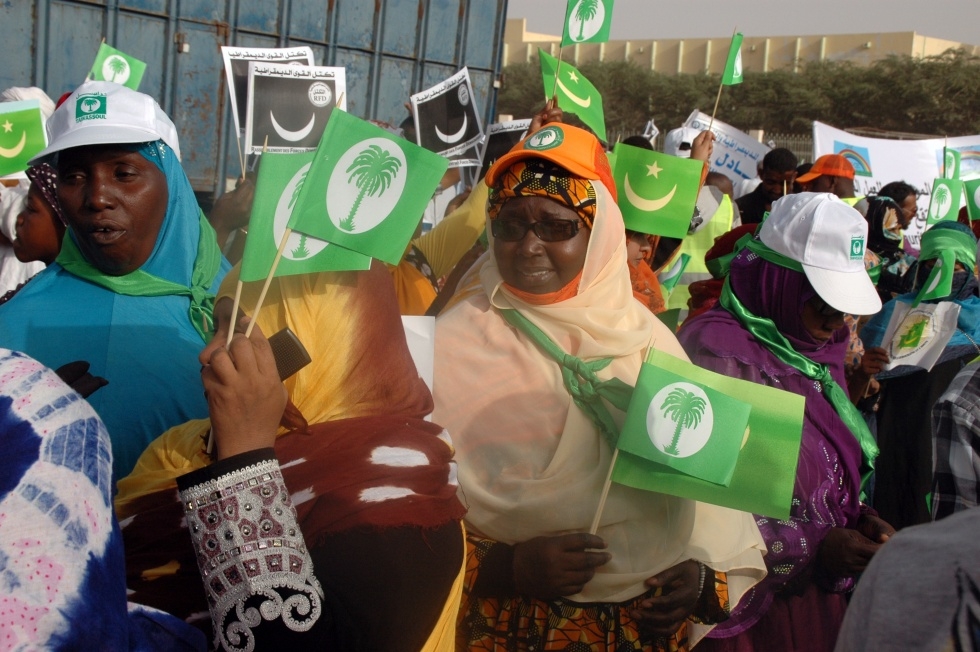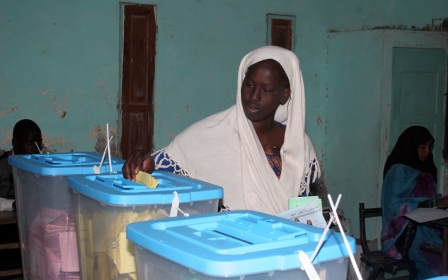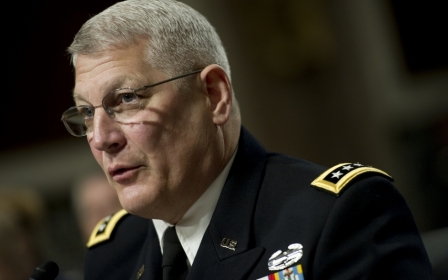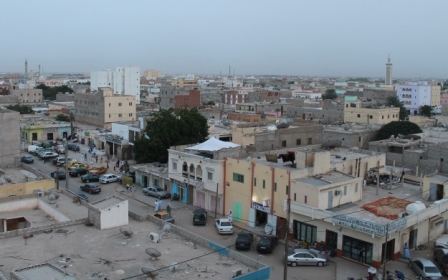Mauritanian election campaign kicks off

The race to be Mauritania's next leader began on Friday, with President Mohamed Ould Abdel Aziz expected to hold onto power in elections marred by calls for a widespread boycott.
The ex-army general, who took over the former French colony in a coup in August 2008, has been head-of-state since he was officially elected the following year for a five-year term.
He launched his campaign for re-election in the southern city of Kaedi, telling supporters that since he came to power, the country has made "great strides" in security and economic growth.
The mainly Muslim republic, sandwiched between the west coast of Africa and the Sahara desert, is seen by Western leaders as strategically important in the fight against Al-Qaeda-linked groups within its own borders, in neighbouring Mali and across Africa's Sahel region.
Abdel Aziz said he had transformed the country into a regional haven of peace, thanks to his reorganisation of the military and security forces.
Under his watch, the army has conducted "preventative" raids against Al-Qaeda's regional branch in north and west Africa, and he has been heavily involved as head of the African Union in peace talks between separatist rebels and the government in neighbouring Mali.
Political analyst Mohamed Fall Ould Oumeire said the president's successes in fighting terror were "undeniable".
Mauritania, a vast desert country of 3.8 million people rich in iron ore, fisheries and oil, managed economic growth of six percent last year, with Abdel Aziz claiming credit for a burgeoning mining sector and a drop in the inflation rate to less than five percent.
But his opponents have denounced his "authoritarian" regime and called for a boycott of the "sham" 21 June presidential polls after negotiations over opposition participation broke down.
Thousands of supporters of the National Forum for Democracy and Unity (FNDU) - an umbrella grouping of numerous radical opposition groups - demonstrated in the capital Nouakchott on Wednesday against the way the election was being organised.
The opposition coalition combines Islamist movement Tewassoul and another, smaller grouping: the 10 parties of the Coordination of Democratic Opposition, who plan to repeat their boycott of parliamentary and local elections last year.
Abdel Aziz faces four other candidates including Lalla Mariem Mint Moulaye Idriss, the second woman to run in the country's history, and opposition party leaders Boidiel Ould Houmeid and Ibrahima Moctar Sarr.
Completing the list of candidates is Biram Ould Dah Ould Abeid, a descendant of slaves who has won international recognition for leading efforts to combat slavery in a nation where it still exists, despite an official ban more than 30 years ago.
In 1981, Mauritania - called "slavery's last stronghold" by some - was the last country in the world to abolish slavery. It was only in 2007 that the country made slavery an official crime.
Forty-two percent of Mauritania's population currently lives at or below the poverty line, according to the latest World Bank figures.
Middle East Eye propose une couverture et une analyse indépendantes et incomparables du Moyen-Orient, de l’Afrique du Nord et d’autres régions du monde. Pour en savoir plus sur la reprise de ce contenu et les frais qui s’appliquent, veuillez remplir ce formulaire [en anglais]. Pour en savoir plus sur MEE, cliquez ici [en anglais].




